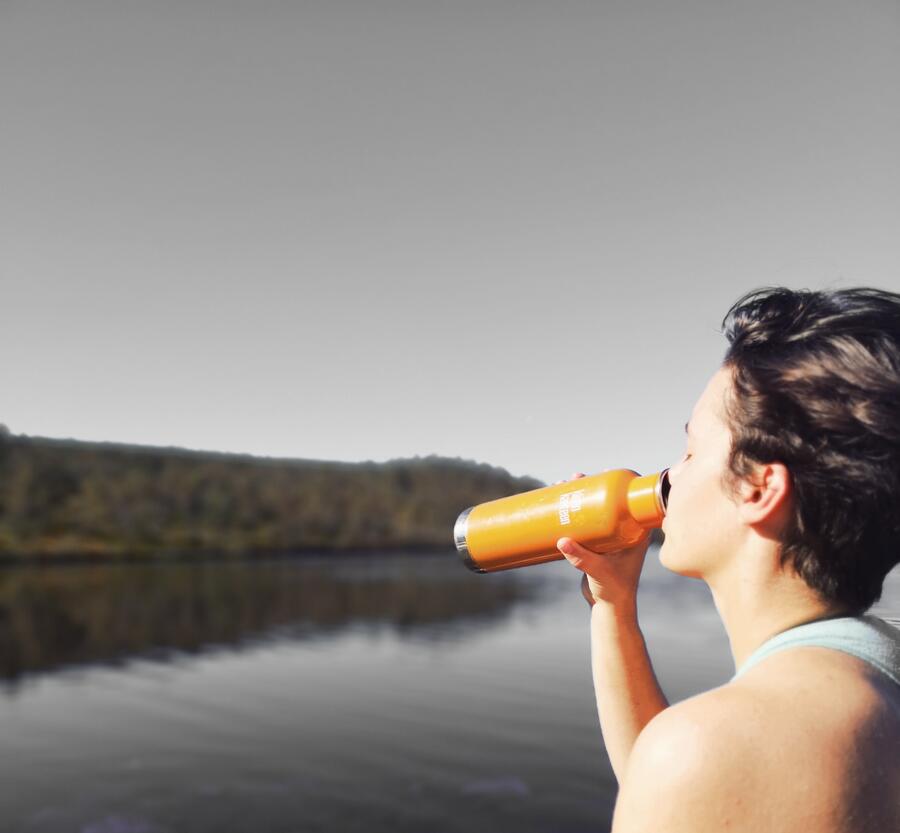First things first everyone: please drink water! It is the best, and easiest way to decrease swelling, diminish headaches, and support your nervous and muscular system. And guess what? It’s essentially FREE!!! Drinking water supports a range of processes in the body: it removes waste through urine, controls body temperature through sweat, controls respiration, heart rate, blood pressure, acts as a shock absorber for the brain, spinal cord and fetus (if you are pregnant); Forms saliva, lubricates joints, and helps maintain a healthy metabolism In other words, water can benefit all aspects of your body and therefore your lifestyle. I know water is not the best tasting beverage in our society, but it is the most important! (Pro tip: Add lemons, cucumbers, watermelon, and even mint to make it more refreshing and give a boost of flavor).
All water consumption does not have to come from drinking it. (Though it is the best way to get the water your body needs). If drinking water is not your ‘JAM’ here are a few alternative ways you can get hydration:
- Eat water rich foods like soup, yogurt, oranges, watermelon, strawberries, cantaloupe, celery, and cucumbers, to name a few.
- Starting your day with oatmeal is hearty and filling but is also hydrating
- Try opting out of your normal pasta and make zucchini noodles, or as I recently learned from a client they are called “zoodles” for short. This simple change added with tomato sauce is not only hydrating, but it also saves a ton of calories and boosts your health.
- Smoothies: using yogurt, fruit and water dense veggies is a great way to get flavorful hydration. Excellent options here are strawberries, peaches, spinach, celery, cucumbers, and blueberries.
- Freeze your fruit into popsicle molds and freeze for a delicious treat

Dehydration is serious!
If you are even 5% dehydrated a headache or cramping can be triggered. Those of us who suffer from headaches and migraines will do almost anything for relief. Mild dehydration is difficult to notice, but for me I always get a mild headache. If I can get enough water in my body, I can fend off the headache! (A tidbit: There is a lot of controversy that coffee is dehydrating, but most research says that drinking caffeine does not cause excessive fluid loss. They do have a mild diuretic effect but do not appear to increase risk of dehydration.) The lesson here is pay attention to your body and notice the little symptoms that bother you, and you may be able to figure out what your initial symptom of dehydration is.
There are a few common reasons people do not replenish their fluids through the day. I commonly hear people are too busy and forget to drink, people don’t realize they are thirsty, or they do not like drinking water. My tip for those of you who struggle drinking water, is to start out your day heavy on the water. Try drinking two 16oz glasses of water in the morning before you leave for work. Have a glass of water by the bed and drink it before you get out of bed, and then have one more glass before you leave the house. Yes, you will have to urinate more in the morning, but this is flushing out your body and getting it ready for the day. It is always good to flush yourself!! Continue with the rest of your day drinking as you normally would. Kick starting your body with 32ounces of water in the morning curves the onset of dehydration symptoms and allows your body to start the day hydrated. If this is not an easy solution for you to incorporate into your life, I recommend gauging your fluid consumption by how many water bottles you are drinking. If you have a 32oz water bottle you should goal yourself to drink at least 3 a day. Drink one before noon, one between 12-4pm and one more in the evening. This routine will keep you properly hydrated and is easy to track! If you get behind, no big deal, start chugging!! Another way to know if you are drinking enough water is if you are urinating every 2-4 hours.
There is one HUGE hydration misunderstanding that I want to address. Most people think they only need to drink water in the summertime when it is hot outside, FALSE!!! While you might feel more inclined in the summer because it is hot out, drinking water is extremely important in the winter as well. “it is the concentrated, internal force of winter that enables a seed to burst forth in spring growth”. Here is a little insight into water from a Chinese medicine perspective. In preparation for winter, our focus turns to strengthen the water element. The water element is associated with the season of Winter and is the source of life. It flows, hydrates, and purifies. It is a vehicle of carrying nourishment to living things. It can be hard or soft, gentle, powerful, or standing still and stagnating. Whatever your ‘winter hibernation’ might look like it’s essential that you take this time to replenish your resources that have been used during the year. Especially in our dry, cold Colorado winters! Therefore, during the winter, you must be more deliberate in your water consumption approach, since we typically don’t feel as thirsty due to the colder temperatures.
Fun Facts:
- Research states that the usual consumption of water for a female is 2.2liters and for a male 3liters. The exact amount an individual needs really depends on the individual and their lifestyle.
- Babies and children have more water in their bodies than adults.
- Women have less water than men.
- People with fatty tissue have less water than people with less fatty tissue.
- Refilling a half-liter water bottle 1,740 times with tap water is the equivalent cost of a 99-cent water bottle at a convenience store
- It takes about 12 gallons per day to sustain a human (this figure considers all uses for water, like drinking, sanitation, and food production).
Lisa Salerno, L.Ac is a practitioner of Chinese medicine focused on providing her patients with thorough, individualized, and comprehensive care treating a variety of specific conditions and symptoms.
She provides acupuncture at Inspired Wellness Center to the Denver, Arvada, Westminster, Golden and Lakewood communities. In addition to treating diseases, Lisa promotes preventative health, wellness and patient empowerment utilizing a combination of techniques that may include acupuncture, bodywork, cupping, moxibustion, Chinese herbs, dietary and self-care recommendations. Her recommendations are based on her current knowledge and clinical experience.
